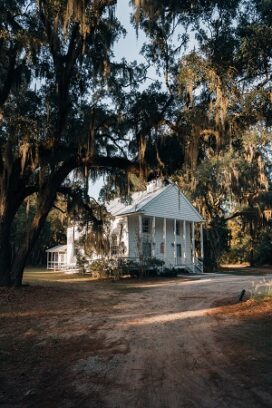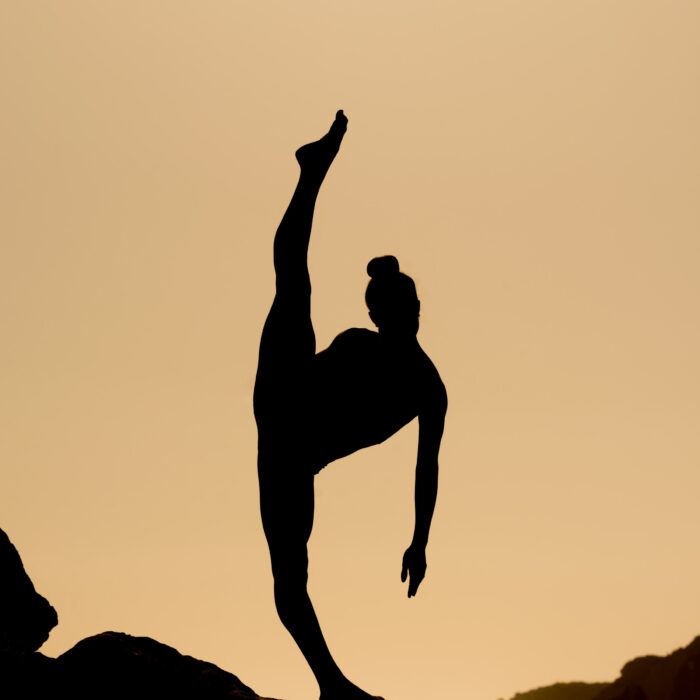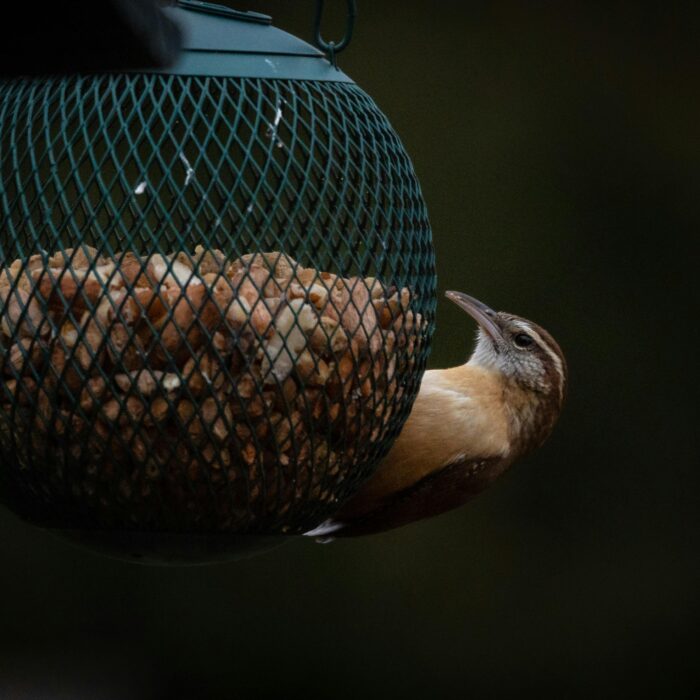You have no items in your cart. Want to get some nice things?
Go shopping
“Where you been all these seasons, boy?”
A familiar voice emphasized only one clear word in its mushy drawl and since it wasn’t boy or all, the middle-aged man didn’t care.
It had been years since somebody had asked him a silly whereabouts question, and he was beyond tired from all the constant explaining of things these days, no more fighting from this heart or these hands, all of him fatigued from his own recent sad attempts at creative hygiene with ungrateful parents and a far-flung Southern senior cousin who’d just turned ninety-five, but no longer tricked and had run out of her own self-care funds. They’d dismissed the help two weeks before he went over at the start of the virus.
“Hangin’ with Rip!” he finally shouted back at the voice. Nothing else had come to his worn mind. Time already moved slow back over here, he thought.
“Don’t know him, but sure he mighty good people. Good to see you, bro. Welcome home.”
And blahblah. Fool don’t even know Rip Van Winkle, sad state of education these days these parts, watch ’em blame Covid or politics like for everything else and his sister. Hmmm home, welcome eh?
His old stomping ground didn’t walk the same, his big feet long grooved into the big-city sidewalk through decades of life out of cadence with rural country living here.
How does a place feel? He wondered to himself. He kicked and picked at the loamy dirt like he wished clods of it would clear jump up and smother him with some life, claim him as her own, and soil his neck, face, and arms good like a decent relation’s affection, the kind of love he’d stopped making too long ago. Hardly ever froze over here, too close to the coast and Gulf Stream, history still alive, just breathing through another mask by another name. He had a lot to do, but he promised himself a prayerful moment and a smoke before going into the old house and reigniting the ghosts. Before he lit up, he thought he smelled some life in the worn-out soil.
The cousin had welcomed him, but why didn’t he recognize the place? His original home, one of those original colonies, a hold-out region of the grand old Confederacy, finally about to catch up to the twentieth century when the pandemic took ahold of it and spit it back out, afraid it might catch something despite the good-for-ya taste of salty fatback in slow-cooked okra, tomatoes, and rice, all left simmering a week out back in memory.
The day-long drive had given him plenty of time. Enough of the radio news. Time to think about present-day what-ifs and future whens, at least some of them, before his head had started doing its number again. He knew it would be a rough-rowdy adjustment, and he couldn’t take any more news, nothing more new today or this week or month. Not about anything. But look! there had been fields full here. Full of more than okra and tomatoes. Everywhere now a food desert, a broadband canyon and a… Well, he’d tried to prepare himself for it, the lack of trust, the disbelief down every road. How’d they come up with this stuff?
“It’s just me.”
He had to yell the three words three times before the message cut through the jarring TV jabber and the malfunctioning ears in the room. Not the rabbit ears on the TV set; his parents had cable now, satellite actually this far out. The bad human ears, they were in the bathroom or the kitchen.
Somebody yelled OK-OK-OK back to him.
Their sarcasm, he mumbled, just so much better with age.
“Be right back. One more thing to get.” Maskless, he howled the words as loud as he could muster because he didn’t want to repeat himself this time. His lungs surprised him, how good it felt to roar about something meaningless for a change, though he knew loaded guns lay on the ready in all the houses for many miles. That was the danger of yelling without one without just cause.
Crazed pols really need to focus on somethin’ worthwhile for a change. That was the broken line coming from the talk radio show. They’d left the radio on blaring from the kitchen. The crazed pols’ chatter screamed at the TV’s jabbering. He could still hear all that from outside, with the side door left open. He wanted to yell again, an actual scream with meaning this time.
He looked up at the oak tree beside his pickup. He needed a new one.
Yeah, ol’ Rip had it easy enough, even being up North with the cold, didn’t he? No internet or radio back then to know too fast about what they do in Washington. Good Lord, the people!
He heaved the last box of things onto a shoulder. Surrounded by growing familiarities of woods and water and warmth, he hadn’t realized he’d spoken his thoughts ’til he saw a smile.
“They never gonna stop teachin’ nothin’ but rudeness in them cities, eh?”
“Oh hey, Cousin Jack.”
“That the best hello-hello a low-rent cuz can buy on credit these days from a city slickah?”
They shook hands like the men they were.
“Heard you was helpin’ out ya parents. Mighty nice of ya, son, mighty nice–”
Yeah, yeah, the younger man tried to say to his kin who always repeated himself.
“Hope not because of that there fake virus talk. Don’t believe none of it, hope they ain’t brainwashed y’all up there yet. Me? Done put the TV in the shed last night. Enough of all them lies, now from the doctors too, lordamercy.”
“My Dad needs me to–”
“Good thing we got all this land and country out here.” The elder cousin threw up his hand and out across the late-winter scenery. “Easter weeks and weeks away, bud, but tell that to ’em, them birds and the pollens, will ya, will ya?” Cousin Jack’s hand turned into a fist against nature.
“Yeah, he needs me to help–”
“Hope they don’t find a way to go messin’ with all this, but turn ya back and you’ll see, you’ll see, just like they done gone and done before, done before…” the cousin continued.
Rude, but the homecoming had been half-expected. The younger man threw up half of his own hand best he could, what with one arm full of bags and the other shoulder weighed down by the box. The cousin sped away on his golf cart back into the woods, tooting a clown horn as he turned a circle in the drive, tried to catch a wheel. He was headed for the river, even with low air in two tires. They both knew the fish were biting best this time of the year and that sport cured most things.
R. P. Singletary
R. P. Singletary is a lifelong writer, a budding playwright, and a native of the rural southeastern United States, with recent fiction, poetry, and drama published or upcoming in Literally Stories, Litro, BULL, Cream Scene Carnival, Cowboy Jamboree, Mystery Tribune, Teleport, CafeLit, JONAH, Ancient Paths Christian Literary, EBB, Flora Fiction, Ariel Chart, Syncopation, Last Leaves, Stone of Madness, Written Tales, Wicked Gay Ways, Fresh Words, The Chamber, Wingless Dreamer, Screen Door Review, Microfiction Monday, mini plays, Pink Disco, Lost Lake Folk Opera, The Stray Branch, Lothlorien Poetry Journal, Brief Wilderness, In Parentheses, The Taborian, Active Muse, Bending Genres, and elsewhere.




